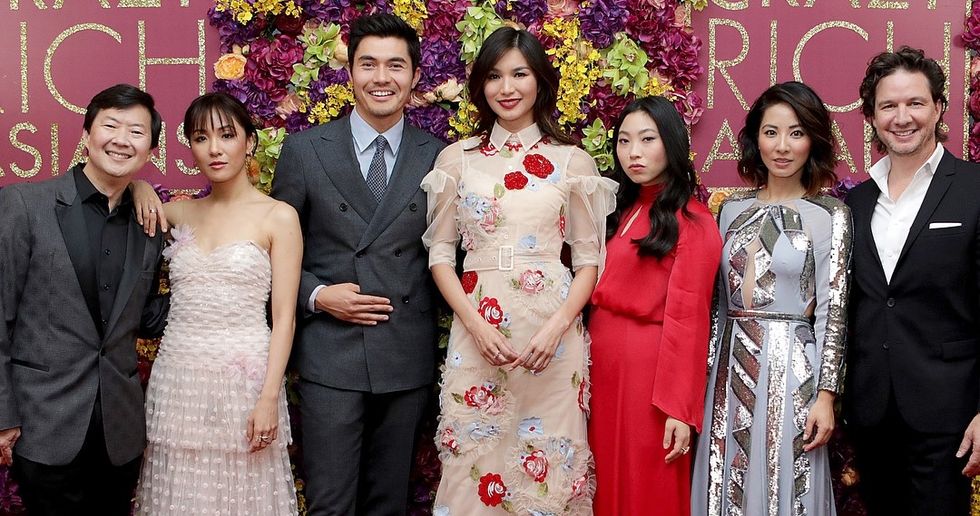Today at Costco, the white customer service representative I was speaking with asked me a little about myself. I told her that I was a senior at Stony Brook University and that I would be graduating soon. She then asked me if I was going back to my country after I graduated. I was born in California. Moments later, she asked me for a recommendation about plastic surgery - likely a reference to the cultural trend in South Korea of getting plastic surgery.
I've been to China twice, for a total of about 2 months. I'm 21—that means I've spent about 0.8 percent of my life in China. Less than 1 percent.
My Mandarin Chinese is actually so bad that I've been laughed at by other Chinese-Americans, my parents, and my own extended family has called me a "whitewashed American boy" when I visited.
So let's get one thing straight. China is most certainly not my home country, and I find it nearly impossible to perceive my English as having an Asian accent. It's far more accurate to say that I have an American accent in respect to my Mandarin. Please understand that being asked if I was going "back to my country" shocked me for a moment. For the most part, she was a respectful and helpful lady—I'd love to excuse her and say she didn't mean to marginalize me. But the fact remains that microaggressions like this happen every single day.
Recently, I went to watch "Crazy Rich Asians," the first studio film in 25 years to feature an all-Asian cast. I liked it so much that I watched it a second time only days later. By the end of the film I was crying, both times. There is something almost inexplicable about what it's like to be Asian-American. I could tell stories until my throat went hoarse, or I could type articles until my fingers bled, and I still would fail to capture the essence of what it means to not belong at home, to not belong in society, and to not even belong in the home country of your family.
The story of being Asian-American is also one that tells you that "no matter how hard you try, you will never be enough" as spoken by the antagonist Eleanor Young—Nick Young's mother and the matriarch of the "crazy rich" Young family—to the lead character Rachel Chu. In the movie's pivotal ending scene, a Chinese cover of the hit single "Yellow" by Coldplay plays among fireworks and the triumph of love. The rights to the song did not come easy—Coldplay declined at first, possibly wary of a negative feedback considering how the term "yellow" has historically been used as a derogatory term, especially against Asians.
Director Jon M. Chu resisted, and penned a personal letter to the members of Coldplay; here is a full article link explaining how he got rights, and more background information, but here is one of the most important quotes from his letter: "[The word yellow] has always had a negative connotation in my life ... until I heard your song."
"Crazy Rich Asians" brings that intangible, inexplicable factor to life - it puts on a screen what is impossible to put into words. In the midst of a tale as old as time love story is a subtle message that some will hear as a whisper, but others will hear as a shout, and to me, it said: YOU ARE GOOD ENOUGH.
















